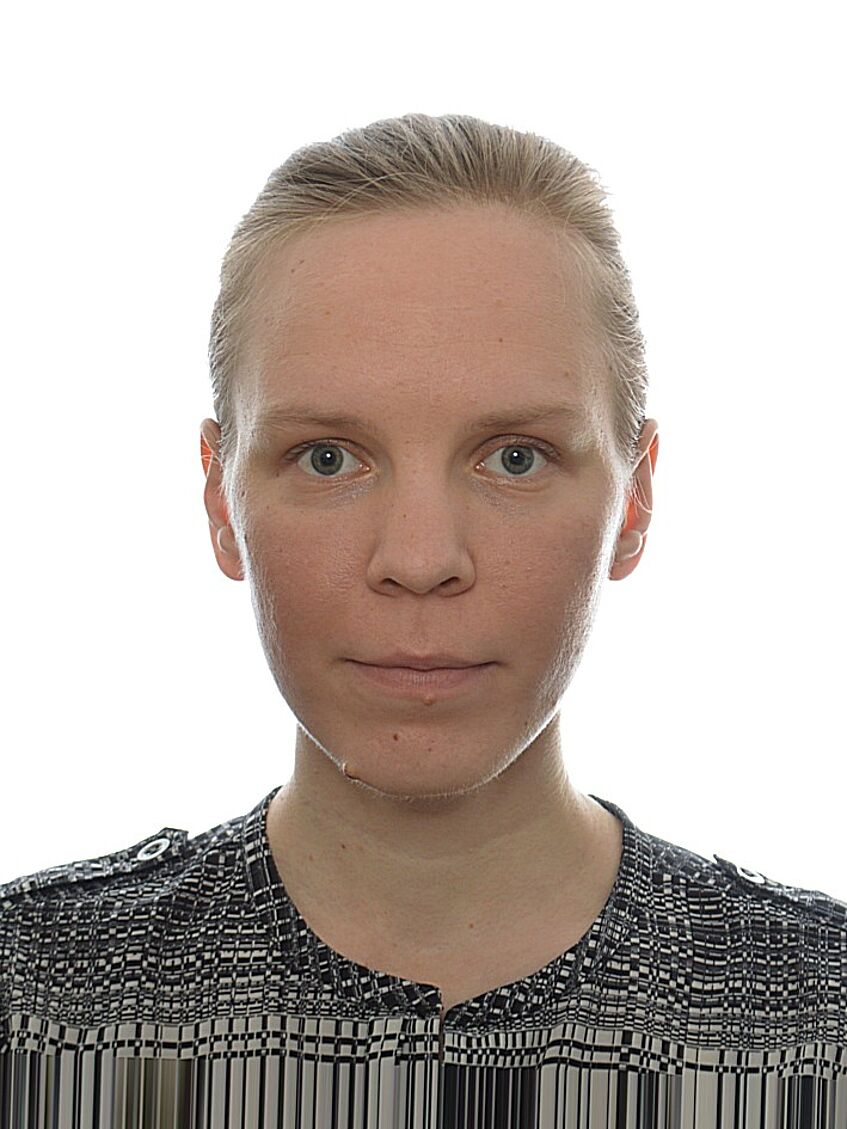
© Aleksey Oshin
Alina Kislova
Master-student at the Faculty of Education at University of Glasgow
It has been nearly twelve years since the first time I stepped into academic environment. So far I have completed a bachelor degree in Social Pedagogy and obtained a qualification of Specialist in Law after studying for ten consecutive years in Russia. At the same time being I worked in a legal sphere and realized need and desire to obtain knowledge about how human rights can be promoted on a massive scale and skills necessary to be involved. To fulfill this desire I applied for and was granted the Erasmus Mundus Joint Master scholarship that gave me an opportunity to study in the International Master Program in Adult Education for Social Change. Currently I am about to finish this program and while working on my thesis, I realize the fact of how many practical knowledge and skills I have gained in the last two years of my studies, especially because the current master program provided me with an opportunity to obtain new practical skills in an environment new for me while completing placements, which is a mandatory part of the current master program curriculum.
E-Mail: alinkislova@gmail.com
Abstract
The Role of Informal Adult Education in the Development of Social Movements in the 21st Century
The case study explores the factors influencing emergence and growth of Anti-corruption movement in Russia with a particular focus on the role of informal adult education. Anti-corruption movement in Russia has not been scientifically recognized as a social movement yet mainly because general public started to openly support the idea of anti-corruption fighting a couple of years ago. But despite the fact it wasn’t explored and described yet as a movement, there are some evidences and justifications, provided in the case study, why it can be considered as a social movement.
With the aim to increase the understanding of the relationship between informal adult education tools and the development of Anti-corruption movement in Russia, secondary and primary data was collected and analyzed. Results are studied through the lens of two social change theories: resource mobilization theory and intersectionality theory. The major findings of this study suggest that utilization of different social networks and internet platforms is useful in mobilizing support for the social movement, promoting human rights values and strengthening democracy, especially in countries with the presence of the anti-constitutional and, as a result, non -official censorship in media which does not allow any talks which are not if favor of the current government to be raised and discussed.
Programme: Panel 10, Friday, 7 September 2018, 13:00-14:30